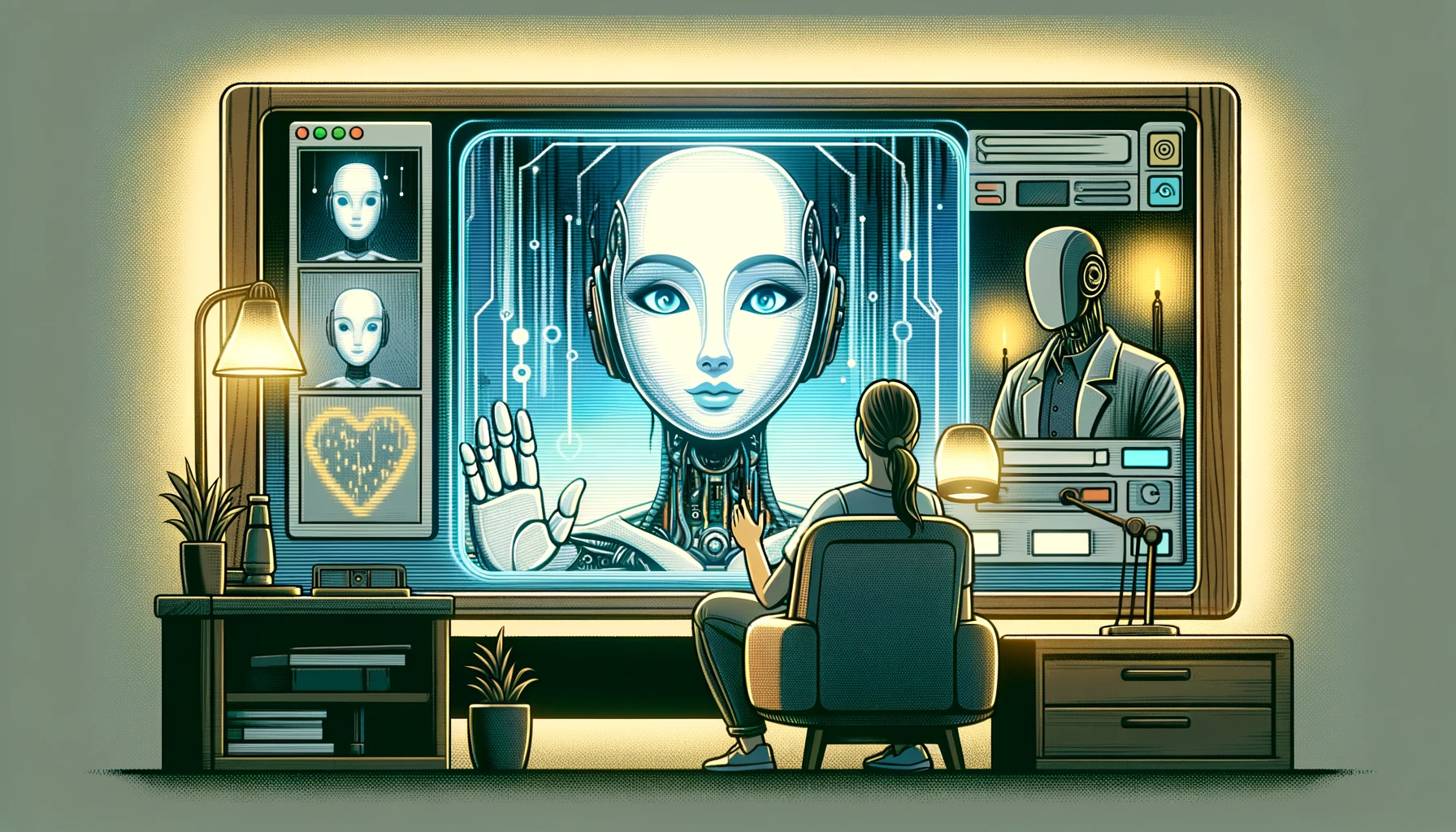Open Empathic project aims to make AI more emotionally intelligent - and you can help

The nonprofit LAION has launched Open Empathic, an open-source project to equip AI systems with empathy and emotional intelligence.
Emotional intelligence is critical to understanding and responding to human emotions in an increasingly AI-driven world, the team writes. The goal of its new project is to "revolutionize" the way AI interacts with humans and assists them in various domains.
Laion lists a number of potential benefits of emotionally intelligent AI systems:
- Education: AI systems can adapt to learners' emotional needs and personalities, creating a positive learning environment.
- Psychological research: AI models can serve as objective and reliable tools in psychological research, helping to improve psychological intervention methods.
- Mental health support: Emotional intelligence enables AI systems to provide empathetic companionship and alleviate feelings of loneliness, especially for isolated people, patients, and the elderly.
- Ethical decision-making: Emotional intelligence helps AI systems make ethical decisions that consider human emotions and values.
- Revolutionize the entertainment industry: Emotional intelligence enables new interactions between people and different media, for example in the gaming industry or in the creation of audio and video content.
A dataset for empathic AI
The goal of Open Empathic is to work with volunteers to create an open-source audio dataset that enables AI systems such as chatbots to understand emotions and train empathic speech synthesis models.
LAION wants to describe and record the emotional characteristics of different speech segments in this dataset. Interested parties can contribute audio annotations that describe the emotions contained in an audio track.
For this purpose, LAION has developed a web tool that allows users to enter a YouTube URL after login and then annotate a sequence with information about the speaker's emotionality and add predefined labels, e.g. about age and origin. The following video shows the process.
LAION aims to collect 10,000 records in the upcoming months. Ideally, the goal is to collect 100,000 to one million next year.
A recently published study by psychologists shows that AI can at least describe and respond to human emotions. They gave ChatGPT a standardized test of emotional awareness, in which the machine performed significantly better than humans. The test required participants to describe emotions in fictional situations. ChatGPT was able to reliably recognize, reflect, and abstract the emotions of the people in the scenarios.
AI News Without the Hype – Curated by Humans
As a THE DECODER subscriber, you get ad-free reading, our weekly AI newsletter, the exclusive "AI Radar" Frontier Report 6× per year, access to comments, and our complete archive.
Subscribe nowAI news without the hype
Curated by humans.
- Over 20 percent launch discount.
- Read without distractions – no Google ads.
- Access to comments and community discussions.
- Weekly AI newsletter.
- 6 times a year: “AI Radar” – deep dives on key AI topics.
- Up to 25 % off on KI Pro online events.
- Access to our full ten-year archive.
- Get the latest AI news from The Decoder.